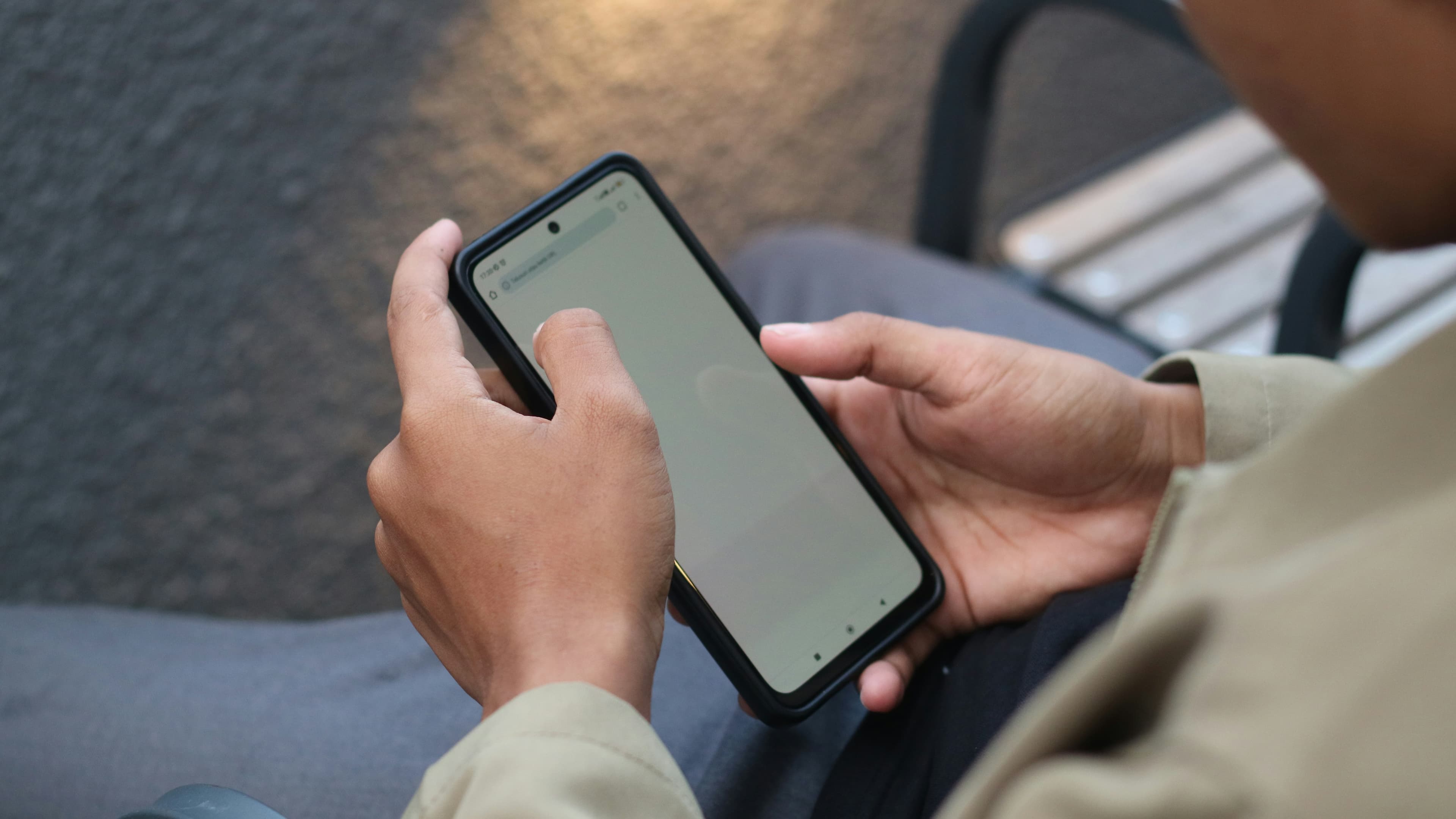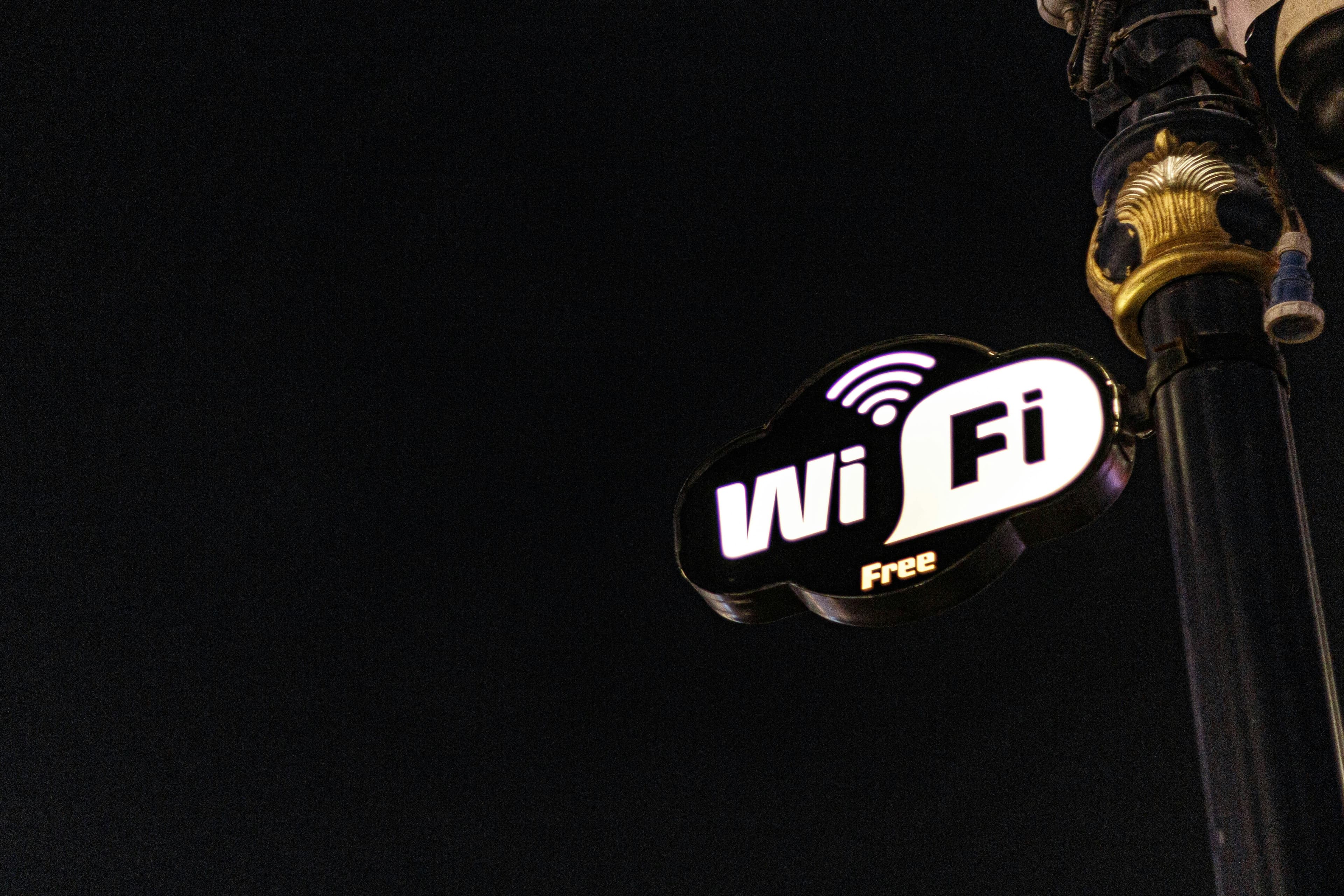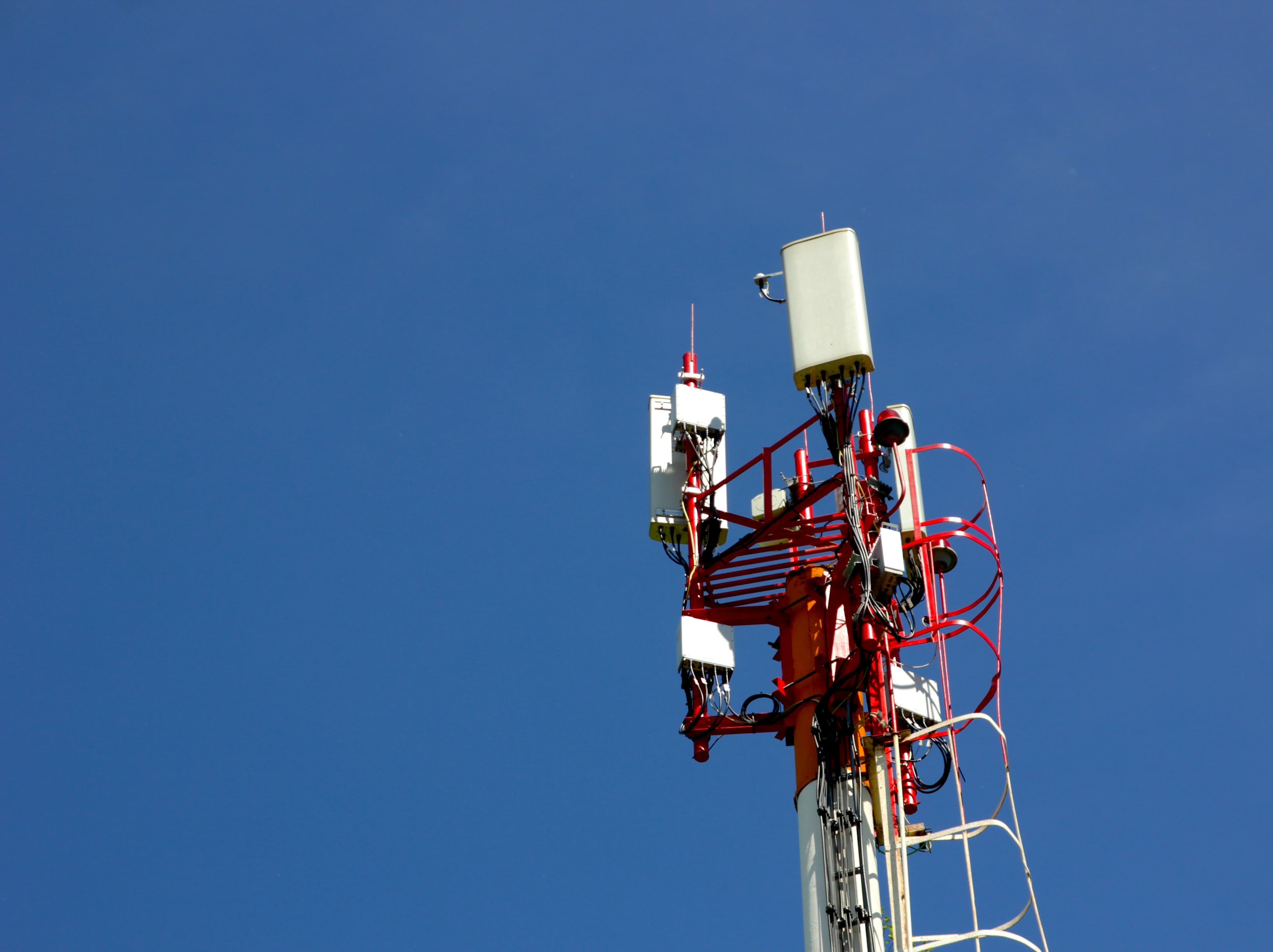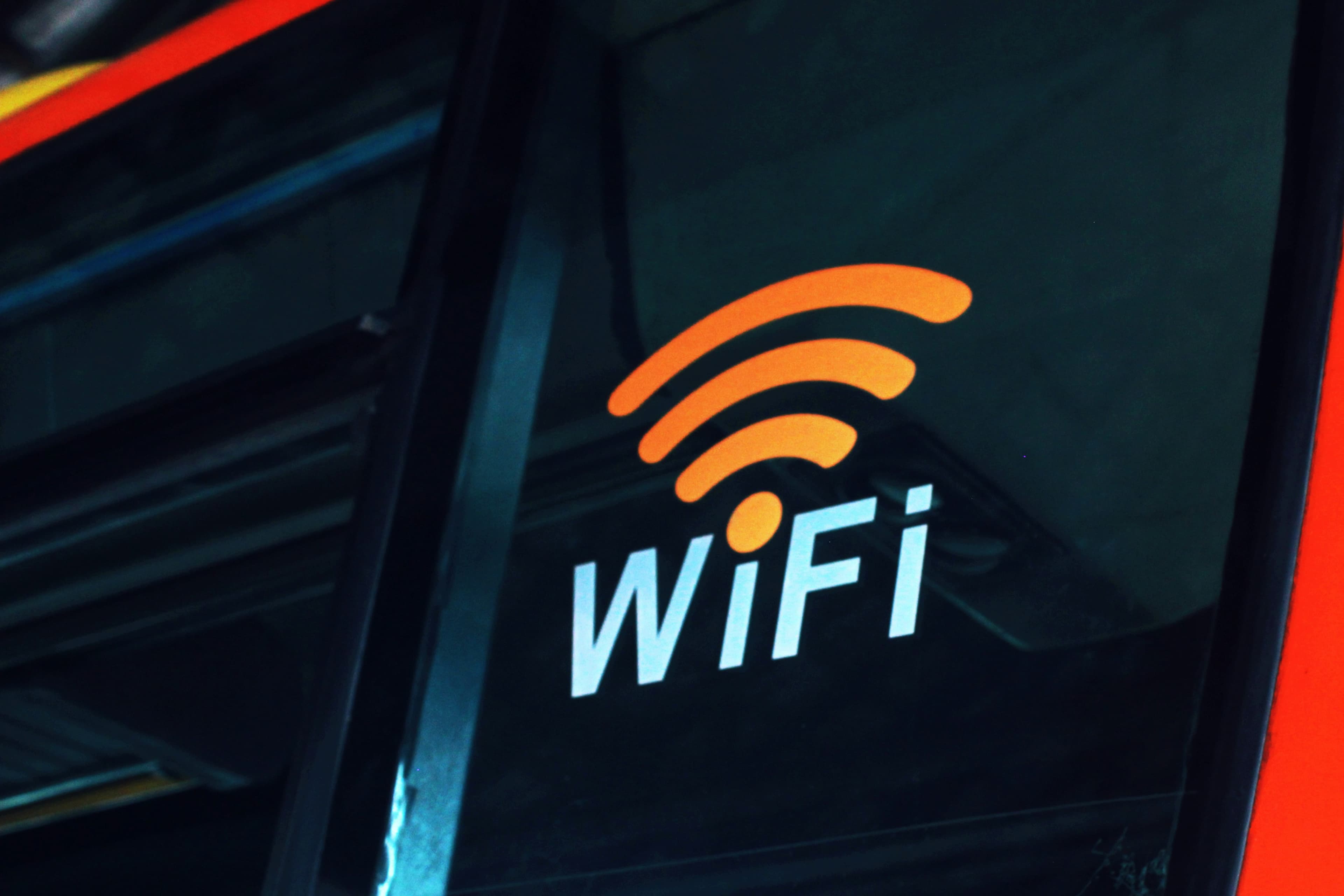
Internet for Travelers: The Smart Guide to Staying Connected in Portugal
Between local SIM cards, public Wi-Fi, eSIMs, and hidden tricks, Portugal stands out as an ideal destination for hyperconnected travelers — provided you know the right moves before you land.
Traveling through Portugal today means stepping into a country where modernity and tradition coexist with rare harmony, where cobbled streets lead to cafés with fast Wi-Fi connections, and where technology blends effortlessly into the rhythm of everyday life.
Even so, finding a reliable, affordable, and convenient connection remains an essential step for the modern traveler.
Between local SIM cards, international eSIMs, and temporary offers, the Portuguese telecom landscape is full of attractive possibilities — but also a few traps that an informed traveler would do well to avoid.
Staying connected while traveling no longer just means checking a map or booking a table.
It means sharing experiences in real time, managing itineraries, translating menus, finding accommodation, or simply keeping in touch with the world.
And in Portugal, where coverage is excellent and prices are among the lowest in Europe, it would be a shame not to make the most of it.
Local SIM Cards: The Simple and Reliable Choice
For most visitors, a local SIM card remains the most practical and economical solution.
As soon as you arrive in Lisbon, Porto, or Faro, you can buy one directly at the airport, in a kiosk, or at an official operator store.
The three main players — MEO, Vodafone, and NOS — all offer prepaid packages specifically designed for tourists.
On average, for around ten euros, you get several gigabytes of data valid for fifteen to thirty days, easily rechargeable online or in-store.
Many plans include local and European calls, allowing you to stay reachable at low cost.
Network quality is excellent, even in rural areas and the islands, and both 4G and 5G speeds ensure smooth browsing for streaming, navigation, or video calls.
One useful tip: avoid buying SIM cards from general airport shops, where prices can be significantly inflated.
Visiting an official store in the city center often costs half as much for the same offer.
The eSIM: Effortless Connectivity
More and more travelers are turning to eSIMs, the digital version of a SIM card integrated directly into the phone.
They allow you to activate a local plan in just a few minutes without physically changing your card.
Services such as Airalo, Nomad, and Holafly offer eSIMs tailored for Portugal or all of Europe, with flexible plans ranging from a few days to several weeks.
The advantage is obvious: there’s no need to visit a store, no risk of losing your primary card, and you can have multiple plans active on the same device.
Prices are slightly higher than for physical SIM cards, but the convenience and speed of activation more than make up for it.
It’s the perfect option for remote workers, frequent travelers, or anyone looking to skip the setup hassle.
The only detail to check is whether your phone supports eSIM technology, which is still missing from some older models.
Public Wi-Fi and Free Alternatives
Good news for budget-conscious travelers: Portugal is one of Europe’s most generous countries when it comes to free public Wi-Fi.
Most cafés, restaurants, museums, and hotels offer complimentary connections, often without a password or with one displayed at the counter.
In Lisbon, municipal Wi-Fi points are available in many parks and main squares, and train stations and metro networks also provide easy access.
However, for security reasons, it’s recommended to use a VPN when connecting to public networks, especially for banking or personal data.
Free Wi-Fi is perfect for quick checks or light browsing, but it cannot replace the stability of a local SIM card, especially for those who work remotely or rely on a stable connection throughout the day.
Portable Routers and Hotspot Sharing
For families or groups of friends traveling together, a portable Wi-Fi router (also known as a hotspot) can be an efficient and cost-effective solution.
It’s a small rechargeable 4G device that shares a single connection among multiple users.
Providers such as TravelWiFi Portugal rent these devices directly at the airport or deliver them to your hotel, with daily or weekly plans.
It’s an excellent choice for long road trips or more remote areas where public networks might be limited.
Many travelers also use their phone’s hotspot function, turning their mobile device into a Wi-Fi access point.
It’s a simple and free option, as long as you keep an eye on your data usage.
Pitfalls to Avoid and Smart Habits
The Portuguese market is generally transparent, but a few precautions are worth taking.
Some prepaid tourist offers advertise “unlimited data” but significantly reduce the speed once a threshold is reached.
Others include hidden fees for international calls or automatic renewals.
Always read the terms carefully and confirm with the seller how long the card is valid before purchasing.
Another useful tip: SIM cards that remain inactive for more than three months can be deactivated.
If you plan to return to Portugal regularly, top up a small amount before leaving to keep the number active.
Finally, it’s possible to use European roaming plans from foreign operators that include Portugal in their coverage area, but service quality is often lower than that of local providers.
The Portuguese Way of Digital Life
Being connected in Portugal also means discovering a uniquely relaxed approach to technology.
Here, modernity doesn’t clash with conviviality — it complements it.
In a Lisbon café, it’s common to see a student, a retiree, and a digital nomad sharing the same table and the same Wi-Fi connection without disturbing one another.
Internet access is treated as a basic service, almost as natural as the warm welcome for which the Portuguese are famous.
Perhaps it’s this simplicity that makes the experience so pleasant: everything works, smoothly, quietly, and with a touch of humanity that never disappears.
And when the signal drops for a few seconds, it’s often enough to look up — a ray of sunlight, a smile, or a guitar chord reminds you that in Portugal, the best connection will always be the human one.
Share this article
Suggested articles

Staying online on the road the secrets of a good connection in rural Portugal
Portugal isn’t just Lisbon, Porto, or the beaches of the Algarve. It’s also hilltop villages where time seems to stand still, endless fields of olive trees, and winding roads that twist through the hills. The kind of place where silence weighs more than a PDF file. But let’s be honest: even in all that tranquility, we still want to stay connected. To send an email, make a call, or simply check the weather before lighting the barbecue.

Low cost bundle or mobile only understanding Portuguese offers without losing your mind
In Portugal, the phone is not just a tool. It’s an extension of oneself. In Lisbon cafés, on Algarve beaches, or in Porto’s narrow streets, everyone has their smartphone in hand, often with two SIM cards to switch between operators. Connectivity is part of daily life, almost like air or sunshine. But when it’s time to choose a plan, things get complicated fast.

Fiber 5G and sunshine the new paradise for digital nomads
There was a time when the dream of a digital nomad meant a bamboo hut in Bali, a MacBook, and a green smoothie. But in recent years, a new paradise has shaken up the global remote work map: Portugal. With its omnipresent fiber optics, rock-solid 5G, and near-daily sunshine, the country has managed to charm freelancers and startup founders alike (and, of course, lovers of good pastéis de nata).

Getting Connected in Portugal: How to Choose Your Operator Without Falling Into Traps
Settling down or spending time in Portugal often means discovering a country where everything feels simple, easy, and welcoming. But when it comes to mobile networks, internet access, or SIM cards, things can quickly become a little more complex.

Home telecommunications in Portugal
Moving to Portugal is more than just a change of address — it’s the beginning of a new chapter filled with light, calm, and possibility. Once you’ve found your new home and unpacked your suitcases, one essential task quickly rises to the top of the list: getting connected.

Telecommunications in Portugal
For many, arriving in Portugal marks the beginning of a new chapter — whether to live, work, study, or simply enjoy the sunshine and the gentle pace of Portuguese life.


